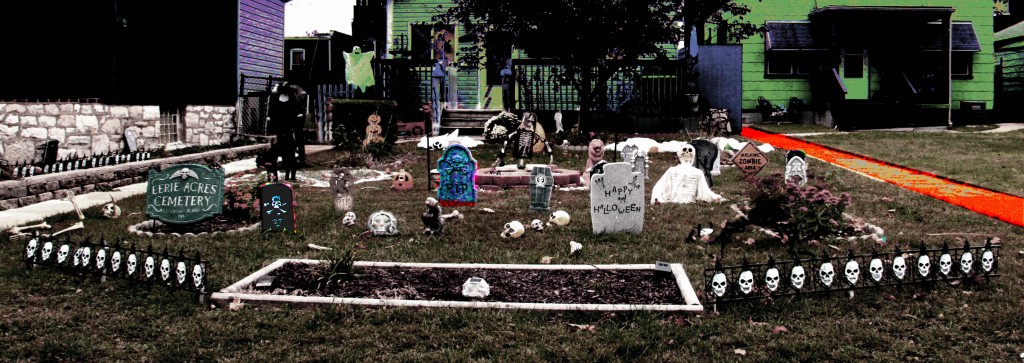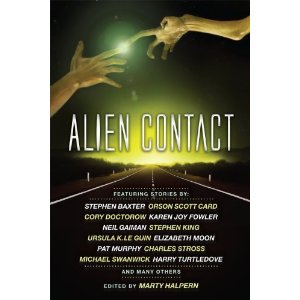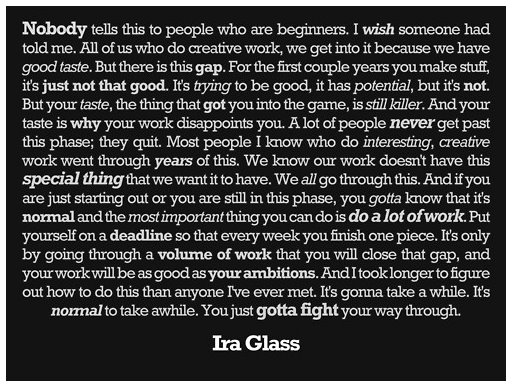I have two things to talk about that are related by the slenderest of threads. Bear with me.
First I’d like to say something about how marvelous is the age in which we live, at least from the perspective of someone who has now lived in a couple of “ages” since arriving on this planet in 1954.
A short while ago I had lunch. While having lunch I like to watch something, so I popped the DVD of The Right Stuff into my player and settled back to my roast beef and movie. While watching, it occurred to me how blase I’ve become at this technology.
See, growing up, movies were a Big Deal. My parents went every other week at least and took me. Going To The Movies holds a special, nostalgic place in my memory. It was a shared event, but more than that it was in fact An Event. TV was there, sure, but it was crappy and even at age four I kind of recognized the difference. Movies were Big, they were Special, they were Unique—and they went away. Though it was dependable. The first run theaters got the new films and ran them for a week, maybe two. The next batch were due in and they swapped them out, so the films went to the cheaper neighborhood theaters, usually only for a week. Plus, these were double features. You sat in the theater for up to four and half hours to see two movies. Before I was born, it would be two movies, plus—cartoons, a short subject, maybe a news reel. Going to movies was a significant amount of time and a major outing.
We brought our own snacks. Mom would make up some popcorn or put a brown bag of candy together, and we might—might—bring a bottle of soda to share. The concession stand was more than we could afford usually.
And after the movies left the theaters, they were gone. If you hadn’t seen them when they came out, during the three or four weeks they were in town at one or another theater, you were s.o.l. Some of the bigger hits might be rereleased a year or two later and a few films were perennially rereleased, but the vast majority did not come back. You had to remember them.
Television changed that somewhat when networks started leasing movies to show at certain low-traffic times, and then in the late Sixites and early Seventies there were a variety of movie programs—Movie of the Week, Thursday Night At the Movies, A Picture For A Sunday Afternoon. Suddenly all these old films started turning up again, and of course after ten P.M. local networks aired a lot of B pictures or films from the Thirties and Forties, but you had to stay up for them, and you never knew what you would get. (Some of my favorite memories with my dad come from Friday nights, sitting up late, watching some of these movies, some of which were unintentional howlers at which we’d poke fun.)
A lot of people today probably don’t see the wonder in being able to go to a store or online and buy a film and watch it at home. VCRs didn’t come in till the late Seventies (and the early models weren’t great), but it ushered in an age of comparative cultural wealth. The idea, when I grew up, that I could actually own one of these movies, for myself, and watch it when I chose to…
You forget occasionally to sit back and appreciate what we now have. It is amazing—the technology, yes, but the fact that I can drop a disc in a machine and watch The Maltese Falcon or Gone With The Wind or The Right Stuff whenever I please is…incredible.
That’s the good part.
The other amazing thing is this vast and complex online community—several communities, actually, some overlapping—that we have with more ease than it used to be to make a long distance phone call. It’s amazing. I can communicate with people I would never have known existed in one of those previous “ages” and talk about things only a rare handful of people I ever met face to face would even have been interested in before. Like-minded, like-enthused, like-whatever people around the globe who can now “chat” online.
And with whom one can trip over an area of sensitivity so fast and so inexplicably that it makes your head spin. I have recently had this shoved in my face just how easily some folks take offense and how impossible it can be to explain yourself or extricate yourself. Unless you want to be an ass, it is often better to simply leave the group in question rather than see the crap continually stirred.
But because it is so easy to leave, not to mention remain anonymous, I think many people never learn the nuances of real interaction. Distance used to serve a vital social function, namely keeping people apart by virtue of the difficulty of communicating. Letter-writing requires thought—the trouble you have to go through to draft the letter, address it, go to the post office, etc. I think tends to make people more thoughtful and thorough. It’s not like a casual conversation, which the ease of communication has sometimes turned the most serious conversations into because it is difficult to tell when it is time to stop cracking wise.
Further, though, once a foul has been made, it doesn’t go away. It perpetuates, spreads, and suddenly people all over may know all about the reputation you have earned through misadventure.
Part of the problem—a big part, I think—is the fact of the words remaining behind after the conversation is over. Spoken conversation has a half-life, very short, and events carry people past ill-considered phrasing or cliches, aided by the visuals, the body language and facial expression. But when you write something down, it has weight, and online exchanges acquire significance never intended for a brief exchange. You can consider the words, read them over again and again, and derive meaning and intent whether it’s there or not.
The wonderfulness of our enabling technologies render us lazy, allow us to take for granted things which in an earlier time, with less speed and availability, would not have been so poorly used.
So instead of a thoughtless sentence being immediately apologized for, brushed aside, and forgotten, the offending sentence lingers, a solid legacy that reminds and continues to irritate. The down-side of modern ease.
Part of the pleasure of all these things should be from not taking them for granted, from a near conscious recognition of just how cool things are. On the one hand, we maybe have to grow thicker skins—certainly we have to learn new interpretive skills—and on the other maybe let our skins thin a little so we can sense the amazing gift much of this world is. Hard to know where to apply what and for a whole generation or two there is the perfectly understandable if annoying question, “What’s the big deal?”
Unfortunately, if you have to ask…




